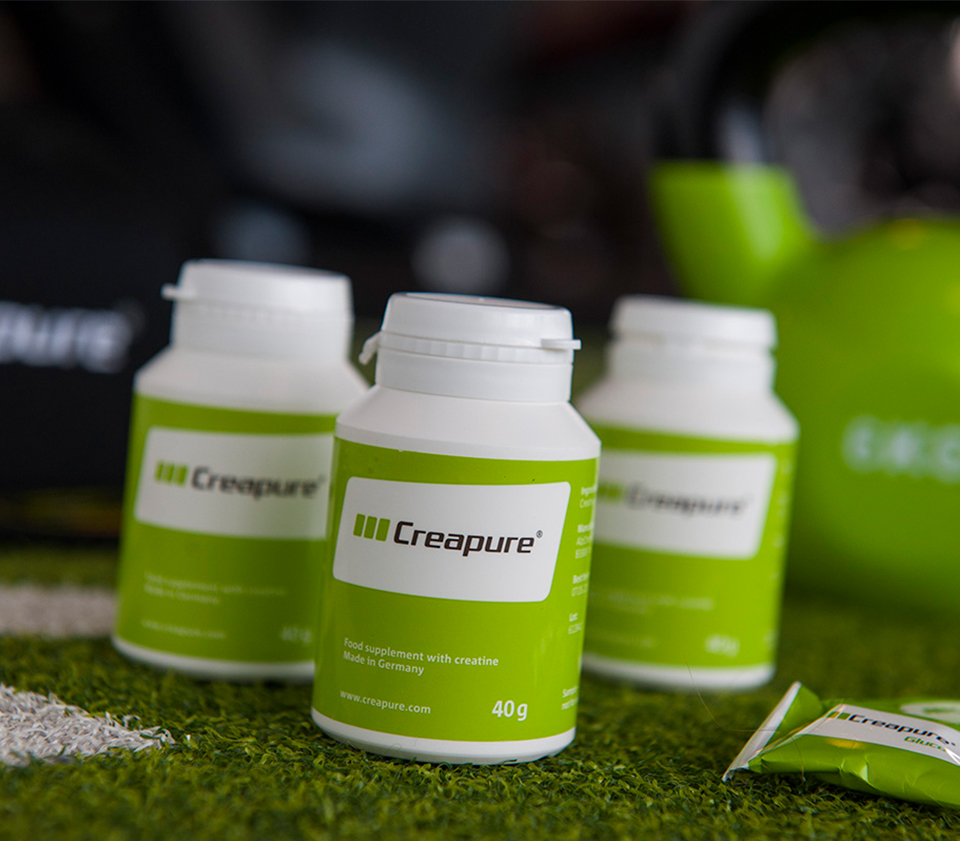Creatinine level
Creatinine is a metabolite produced in the body from creatine and creatine phosphate. Creatinine is completely excreted via the kidneys. The amount of creatinine formed (and thus the creatinine levels found in the blood or excreted in the urine) depends on the muscle mass, the physique, the age and the sex of the individual.
Increased level
There are various potential causes of increased creatinine levels in the blood. Increased creatinine levels can be an indication of renal insufficiency. Muscle injuries, inflammation of the skin and muscles, burns and certain diseases can also lead to increased creatinine levels.
If the creatinine level increases following creatine supplementation, this is most likely a sign of an increase in the amount of creatine in the muscles. Because the body is storing increasingly more creatine, the proportion of creatine and creatine phosphate that has converted into creatinine will also increase.
Renal function
High creatinine levels in the blood can be an indication of renal insufficiency. In this case, the renal filtration rate is so severely restricted that creatinine can no longer be adequately filtered from the blood, thereby resulting in increased creatinine levels. Creatinine levels are therefore often used to assess renal function and treat kidney disease. Kidney damage can be measured by determining the creatinine level. Creatine and creatinine themselves have no negative effect on renal function.
If you have any doubts, speak to your doctor and indicate that you are taking creatine as a dietary supplement. This is important because an increase in creatine reserves following creatine supplementation may lead to an increase in creatinine levels.


